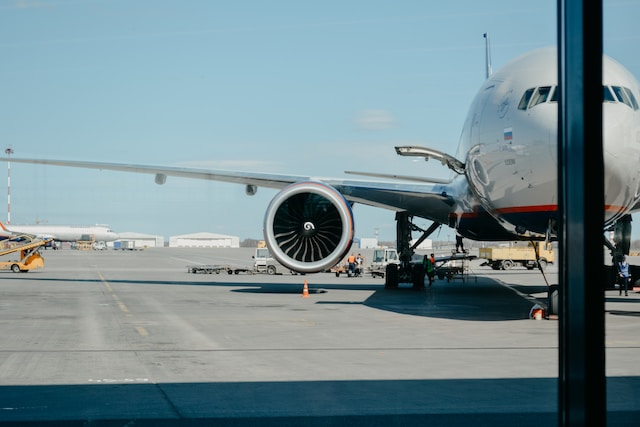Regulatory Compliance in Aviation Procurement: Navigating the Complex Landscape
In the vast airspace of the aviation industry, procurement is a complex journey laden with many regulatory checkpoints. It's a unique dance between sticking to global standards and being in the pursuit of operational efficiency.
This sector is often considered the lifeline of global connectivity. So, it still remains one of the most strictly monitored sectors. It’s because when it comes to aviation, it’s not about ticking boxes for the sake of it. The lives of millions of passengers depend on the regulations daily.
Of course, having an expert logistics team helps manage everything without being overwhelmingly complex.
A Deep Dive of the Regulatory Framework
The aviation sector operates under the watchful eyes of regulatory bodies such as the FAA and EASA. Both of them have set very in-depth and strict procurement standards to ensure the safety and airworthiness of aircraft.
As stated before, compliance is non-negotiable in aviation, so individuals in charge of the procurement process must know how to translate the regulatory texts and commit to continuous learning.
The Turbulence of Compliance
The problem with aviation procurement is that only some authority can oversee some things. Aircraft come and go all over the world. Specialists in aviation procurement usually navigate the maze of regulations by studying all the compliance guidelines thoroughly.
The fear is that missteps in compliance are always not limited to operational hiccups. One mistake can result in financial penalties and damage a company's reputation.
Technology Comes to the Rescue
According to most procurement experts, leveraging technology is critical to maintaining compliance. Thankfully, practices such as automation and data analytics are already the norm. Among many sectors, procurement processes can also benefit from them.
Basically, streamlining the procurement processes can help avoid the air pockets of human error and the headwinds of outdated practices.
The Role of Corporate Procurement Managers
At the helm of procurement are the Corporate Managers. They’re tasked with the delicate balance of securing value without compromising on quality or compliance.
Needless to say, they must possess a deep understanding of aviation systems, regulations, and the market landscape.
Their expertise enables them to navigate contract negotiations with the precision needed to navigate the complex layers.
They’re also the architects of strategic sourcing that construct supply chains that are both cost-effective and in strict alignment with industry regulations. They perform the role of the critical link between suppliers and airlines.
Efficiency of the Supply Chain Management
An optimized supply chain in aviation procurement can help cut costs big time. If the people who can charge can engineer a system that aligns with compliance while delivering value, it’s the sweet spot.
It also means evaluating and collaborating with suppliers to create a network that is both cost-effective and regulation-ready. It's a balancing act of demand forecasting, inventory control, and supplier management. All of these are non-negotiable for maintaining an uninterrupted supply for airline operations.
MRO Compliance: The Maintenance of Standards
Like the manufacturing process, the Maintenance, Repair, and Overhaul (MRO) operations must also adhere to rigorous regulations. It’s evident because these practices form the bedrock of aviation safety.
It's one of those sectors where every detail matters. And every procedure in MRO, no matter how insignificant, must comply with the highest standards.
Conclusion: Ensuring Safe Landings in Aviation Procurement
So, it’s apparent that regulatory compliance in aviation procurement is the beacon guiding every decision, every contract, and every operational move.
It's a landscape that demands as much respect as it does knowledge. It’s a space where the safety of the skies hangs on the precision of procurement practices.

